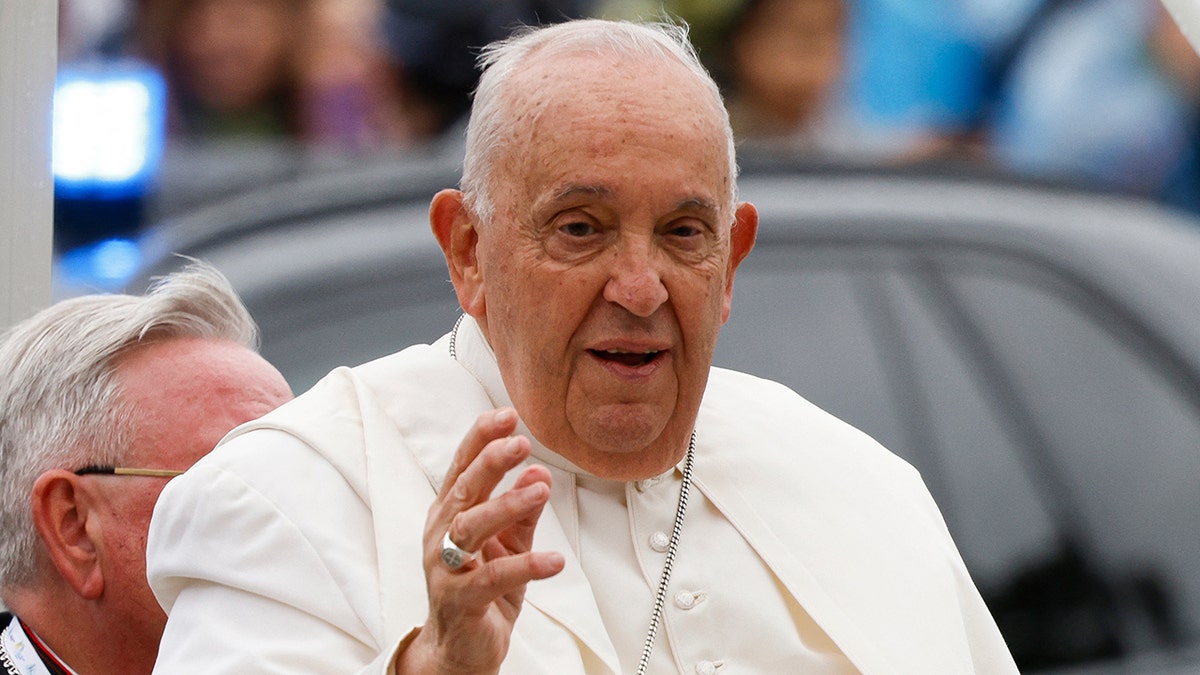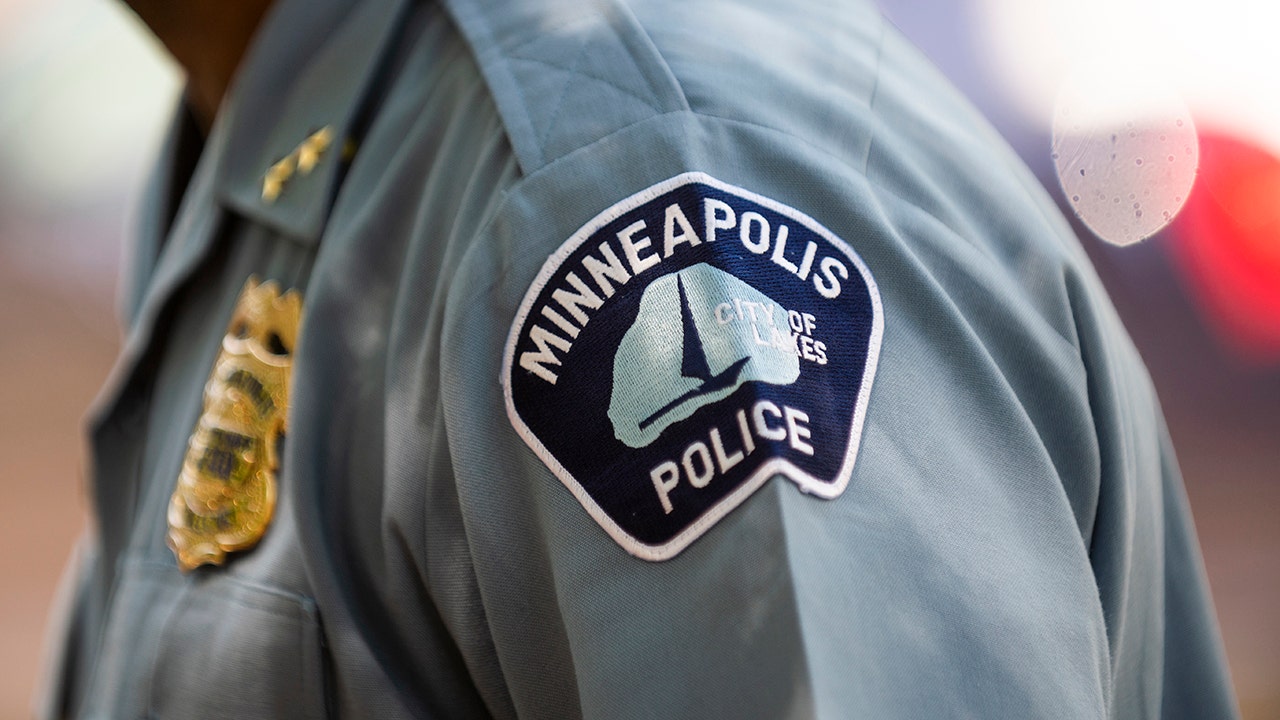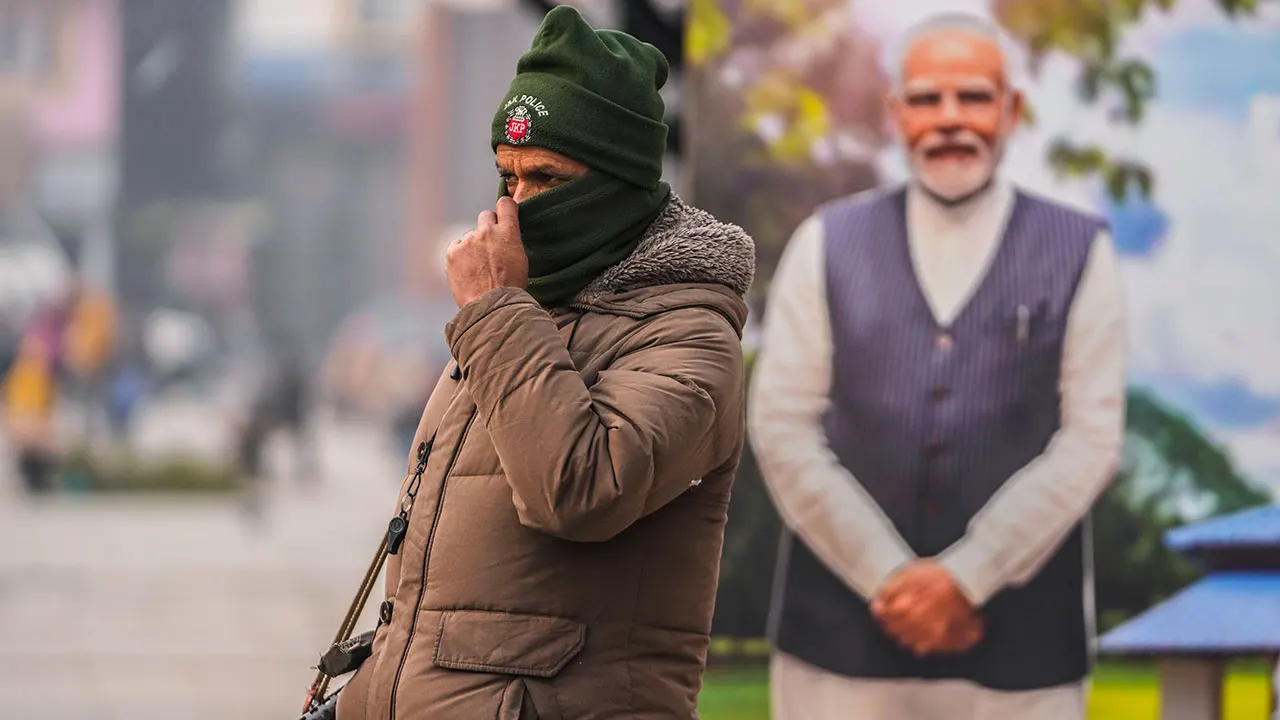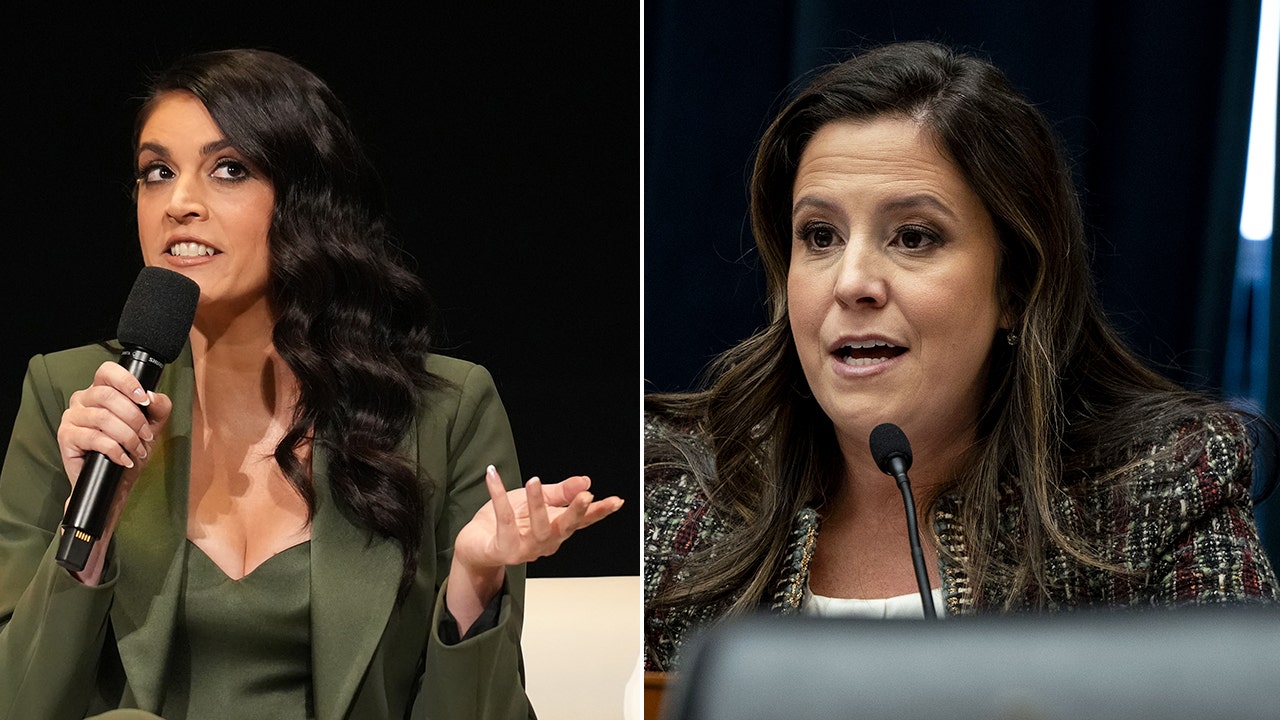NEWYou can now listen to Fox News articles!
If there is any one thing that can be agreed upon by all parties about Pope Francis’s pontificate it is that it was disruptive and ambiguous on several levels. Many will rush to make an assessment of his legacy but this is premature, if not injurious. After all, we are still assessing past pontificates—never mind the broader legacy of Vatican II—and their implications for the life of the Church.
As the first pope from the Americas—though of Italian immigrant parentage—his election was historic. While improbable, it is not entirely inconceivable the next conclave could result in the first African pope since ancient times, especially considering the Church’s dynamic growth on the continent. If you go to most Catholic parishes these days, you are likely to see a priest from Africa (or even India) celebrating Mass. The French missionary priests to Africa who were once known as the “White Fathers” may soon be revived, but in reverse, with the “Black Fathers” evangelizing the West.
It is, perhaps, best to first consider the role of the Petrine ministry in its historical context. Despite the widespread and immediate attention given papal homilies, allocutions, documents, and international visits, it is helpful to remember that, until recently, Catholics rarely heard from the pope directly. The idea of a hierarchy has, of course, been part of the Church’s self-understanding going back to the Apostles, but most of the actual governance has been carried out and implemented by local bishops and only, when clearly needed, by higher levels of ecclesial authority. Authentic “synodality” is more normatively seen at the local parish-level engagement and through subsidiarity, where needs are met by those closest to them. The contemporary micromanagement of the Church, at times right down to parish bulletins, is largely a phenomenon enabled by modern technology, the ease of travel, and instant communication.
POPE FRANCIS DEAD AT 88, VATICAN SAYS
Pope Francis spoke frequently and emphatically about the “technological paradigm,” warning against a worldview that reduces human dignity to technical problem-solving and manipulative engineering. He also worked, alongside figures like the late Cardinal George Pell, to reform Vatican finances—though admittedly with inconclusive results. His condemnation of Western “ideological colonization,” particularly regarding gender ideology, was strong. However, unlike his predecessor, John Paul II, Francis was far less forceful in his statements against the widespread persecution of Christians in China, Cuba, Nicaragua, and in the Middle East.
His own declarations, such as in “Fiducia Supplicans,” which permitted the spontaneous blessing of same-sex couples, were seen by some as highly problematic both theologically (contradicting established moral teaching), but also culturally, particularly in Africa, where church leaders viewed them as akin to the cultural imperialism they experience from some international NGOs.
As the Church prepares for its next chapter, the lessons of Pope Francis’s papacy will undoubtedly shape its future trajectory. His legacy remains a work in progress, a testament to the evolving nature of the papal role in the modern world.
Pope Francis’s off-the-cuff remarks, often mid-flight, sometimes referred to as the “Airplane Magisterium,” have caused confusion and often necessitated clarification from the Vatican. While his approach to the environment has earned him the moniker “The Green Pope,” in practice he pretty much aligned with the teachings of John Paul II and Benedict XVI, particularly on population and life issues. In fact, to the surprise of some who have only superficially followed his pontificate, his stance on abortion was uncompromising—calling it “homicidal” and even likening it to “hiring a hitman”—even if he suggested it ought not be the constant focus.
The diplomatic rapprochement with China, largely brokered by Vatican Secretary of State Cardinal Pietro Parolin, encompasses a vision for a closer relationship and eventual bilateral relations. His relationship with a nation of more than one billion Chinese, among whom 12 million are estimated to be Catholics (both clandestine and legal), has produced a provisional agreement as controversial as it is secretive. Cardinal Parolin’s policy largely follows the Cold War-era policy of Ostpolitik of Cardinal Agostino Casaroli, his predecessor, whose tepid approach to the persecutions in the Soviet bloc did not come to an end until the more confrontational pontificate of John Paul II, who replaced Casaroli a year into his pontificate.
At the inception of his papacy, Francis’s call to “make a mess” in the Church led to debates, divisions, and polarization. Perhaps surfacing these differences was a good thing. But it is possible, and likely, this may cause the cardinal electors in the upcoming conclave to select a more stabilizing figure. Of course, even Bergoglio was seen by some at the beginning to be a kinder and gentler Ratzinger.

Pope Francis waves to believers as he leaves the Cercle Cite after a meeting Luxembourg’s Prime minister during a four-day apostolic journey in Luxembourg and Belgium, in Luxembourg city on September 26, 2024. (Simon Wohlfahrt/AFP/Getty)
Francis laudably condemned ideological colonization and the commodification of the human person, while also recognizing the role of entrepreneurs in economic development. These kinds of statements have been, however, eclipsed by his more strident and un-nuanced critiques of capitalism, too often failing to distinguish between free markets grounded in virtue and the corrupt crony capitalism he witnessed in his native Argentina.
In terms of preserving the continuity of the Church’s moral teaching, perhaps the most theologically deficient contribution of his legacy is to be found in his encyclical “Amoris Laetitia,” particularly where, in a single cautious footnote, he laid the ground for the possibility Catholics in irregular marriages (i.e., couples in marriages outside the Church’s teaching on marriage) could receive Communion in certain circumstances.
CLICK HERE FOR MORE FOX NEWS OPINION
Likewise, Pope Francis’s updating of the Catechism’s teaching on capital punishment to now being “inadmissible” has stirred an ongoing debate on whether the death penalty is intrinsically evil, putting it on the same level as abortion. This, too, needs clarification.
Many people today see the Catholic Church as largely anachronistic, closed, and harsh—not at all empathetic to the real-life problems people face. Pope Francis seemed bent on deconstructing that perception by presenting a merciful, open, and maternal face of the Church. He might say that it is not enough to teach people what the Catechism says, we must inspire them to live it.
In this way, as the ministry of any priest, he must negotiate the tension between coming, in effect, upon the woman caught in the very act of adultery, protecting her from the stones of condemnation, and yet also finding a way to lovingly, credibly, and truthfully tell her to “sin no more.”
CLICK HERE TO GET THE FOX NEWS APP
As the Church prepares for its next chapter, the lessons of Pope Francis’s papacy will undoubtedly shape its future trajectory. His legacy remains a work in progress, a testament to the evolving nature of the papal role in the modern world.
And it is against this backdrop that the next pope or a future one will seek to clarify the myriad ambiguities and unclear messaging on moral and doctrinal matters that have defined the last 12 years. This is imperative not only to maintain the credibility of the Petrine Office, but for the health of the universal Church.















